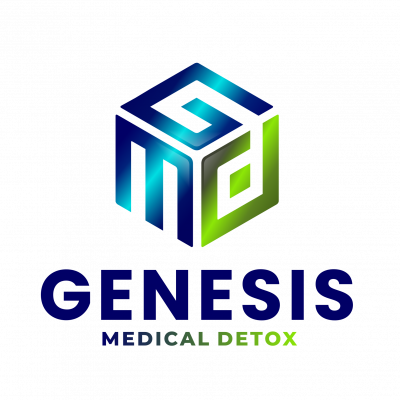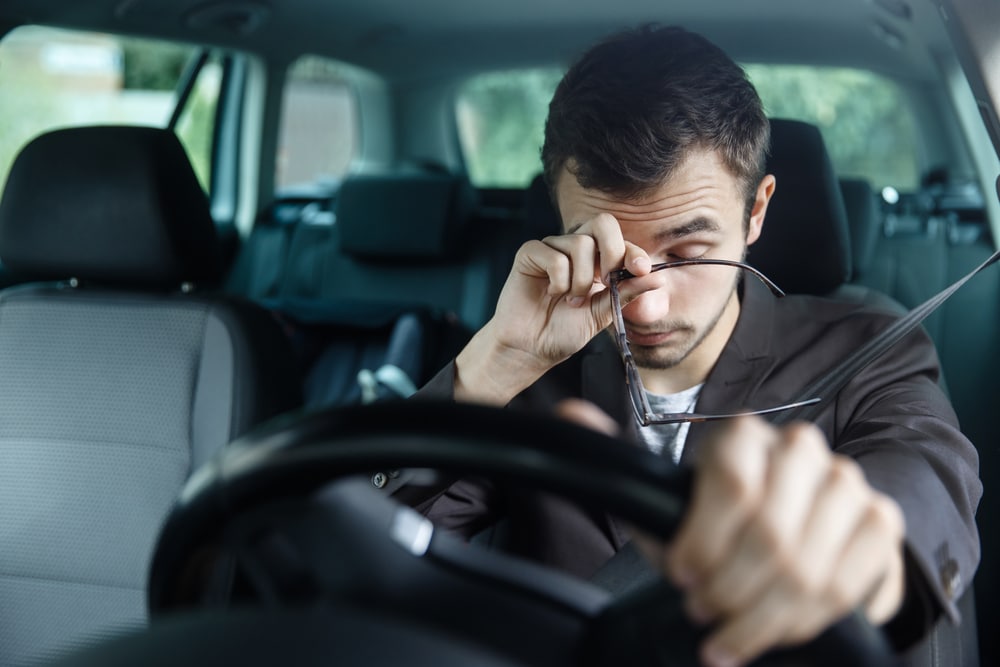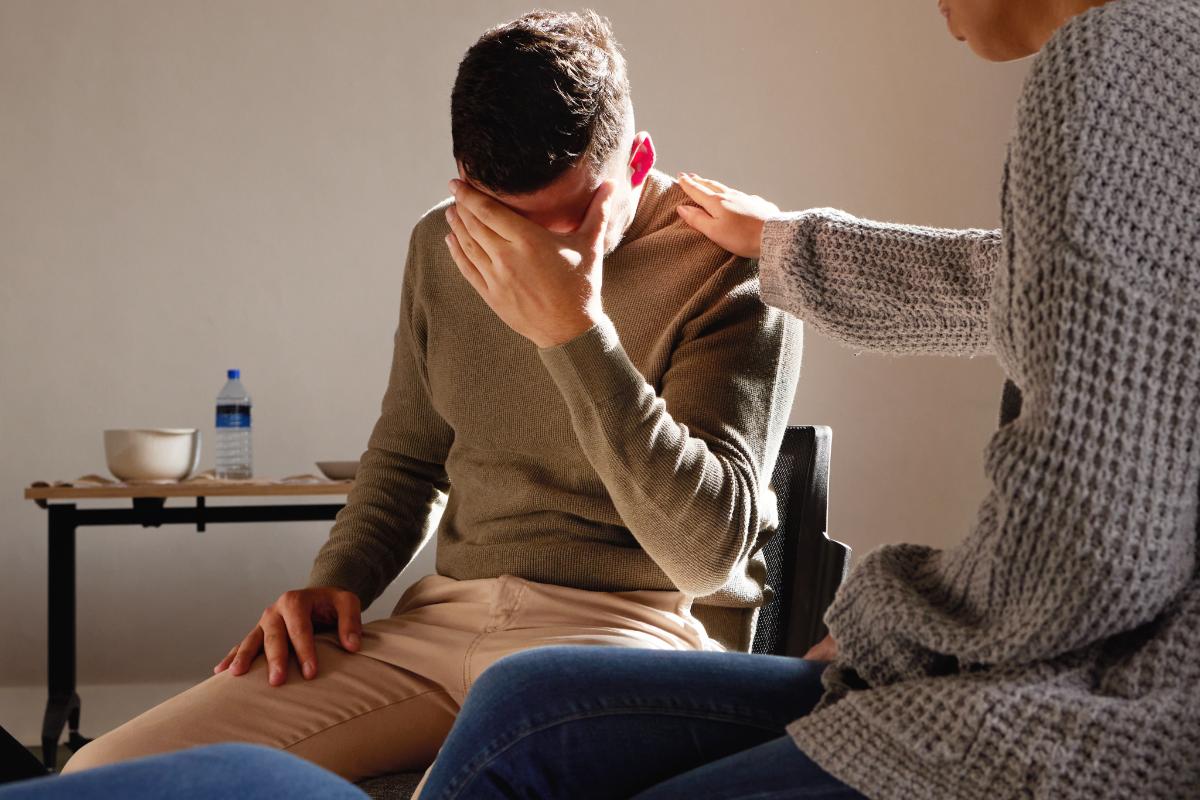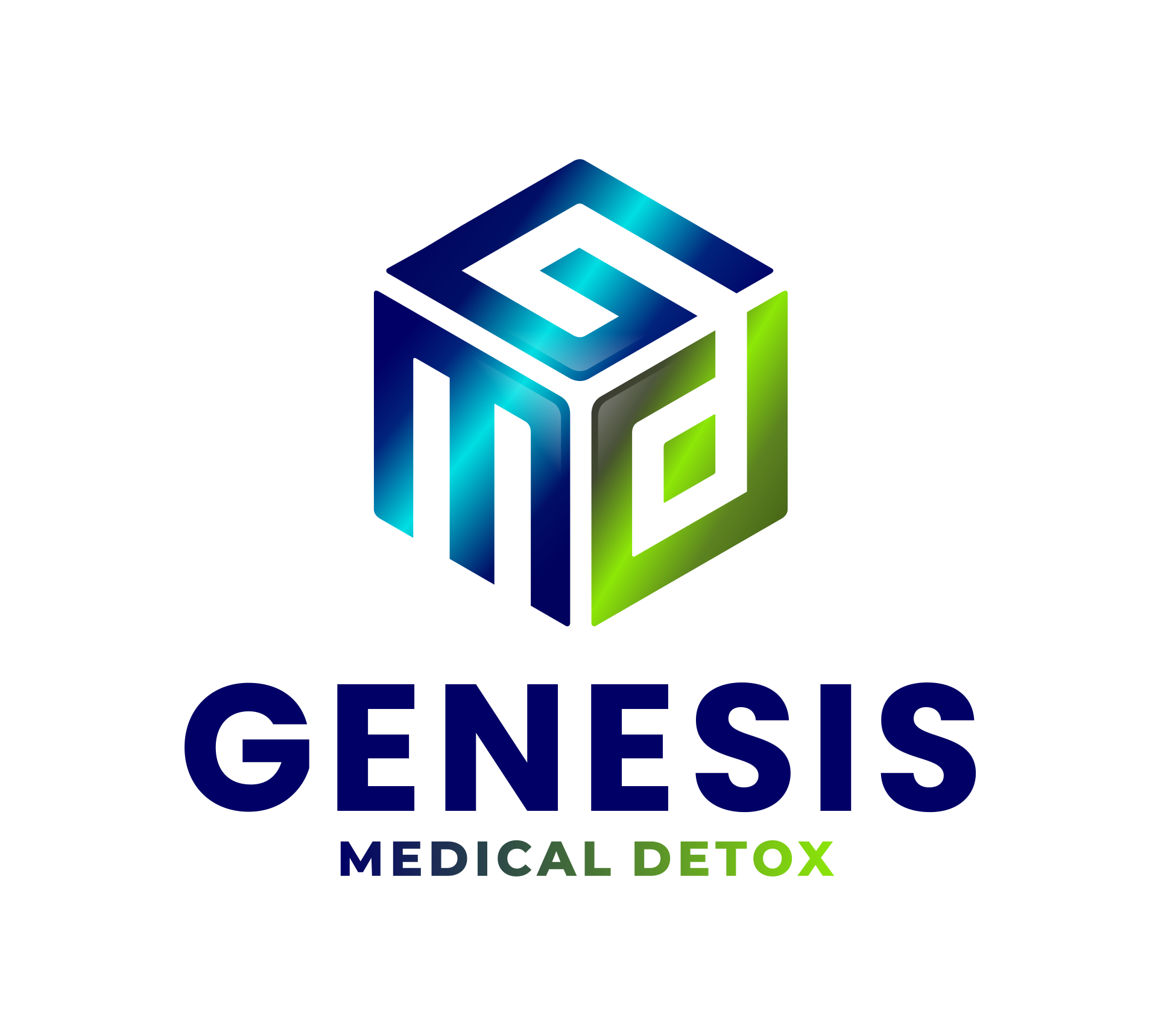Benzodiazepines, more commonly called benzos, are a type of medication prescribed to help relieve anxiety. However, they can be highly addictive, and quitting them can be difficult. This blog post is designed to help those who are ready for benzo detox to learn about the process and find support. If you or someone you know is struggling with benzo addiction, please don’t hesitate to reach out for help. There is hope and support available.
Benzodiazepine withdrawal can be a difficult process, but there are ways to make it easier. If you’re ready to quit benzos, read on for information on how to do it safely and effectively.
About Benzo Addiction
Benzo addiction is a type of substance abuse disorder in which an individual becomes dependent on benzodiazepines or benzos. Benzos are a class of medications that are typically used to treat anxiety and insomnia. When taken as prescribed, benzos can be effective for managing these conditions; however, when taken over extended periods of time or in higher than recommended doses, they can be addictive and cause serious withdrawal symptoms when discontinued abruptly. It is important to note that those with a background of substance abuse are more likely to develop an addiction to benzos than those without.
When benzos are taken in higher doses or for longer periods of time than prescribed, they can have serious negative effects on physical and mental health. These include confusion, dizziness, memory problems, impaired coordination, depression, and suicidal thoughts or behaviors. In extreme cases, benzo abuse can result in seizures or coma. Additionally, benzo addiction can lead to other dangerous drug use, such as heroin or cocaine, as benzo users seek to intensify the effects of the drugs they take.
Types of Benzos
There are many different types of benzos available, and they are classified according to their chemical makeup. Some common benzos include:
Diazepam (Valium)
Diazepam is a benzo that is used to help with anxiety, muscle spasms, and seizures. It functions by slowing down the central nervous system and has sedative effects, which can help reduce anxiety. Valium is considered to be one of the most commonly prescribed benzos due to its fast-acting nature and effectiveness in reducing symptoms of anxiety.
Alprazolam (Xanax)
Alprazolam is a benzo that is commonly used for anxiety, panic disorders, and depression. It works by increasing the effects of GABA neurotransmitters in the brain, which helps reduce symptoms associated with these mental health issues. Xanax is generally considered to be fast-acting but can also cause dependence if taken for long periods of time or in large doses.
Clonazepam (Klonopin)
Clonazepam is another popular benzo used for treating anxiety and panic attacks. It functions similarly to Valium and Xanax but has a slightly longer-lasting effect than either drug. Klonopin has been known to help reduce or eliminate the symptoms of anxiety and panic attacks in some individuals but is also associated with potential negative side effects such as drowsiness and dizziness.
Lorazepam (Ativan)
Lorazepam is used to treat different conditions, including anxiety, insomnia, seizures, and alcohol withdrawal. It also works by enhancing GABA activity which helps relieve symptoms associated with these issues. Ativan is often prescribed for short-term use due to its potency and can cause dependence if used in big doses or over long periods of time.
Chlordiazepoxide (Librium)
Chlordiazepoxide is a benzo used to treat anxiety, muscle spasms, and alcohol withdrawal. It works similarly to other benzos by slowing down the central nervous system, but it has a longer duration of action than some of the other drugs in its class. Librium is generally considered to be less potent than Valium or Xanax and has fewer side effects associated with it.
Temazepam (Restoril)
Temazepam is a benzodiazepine typically used to treat insomnia. It acts by slowing down the central nervous system, which can help individuals fall asleep and stay asleep for longer periods of time. Restoril also has fewer side effects than many other sleep medications, making it an attractive solution for people who are looking for relief from their insomnia symptoms.
Do I Need to Detox from Benzos?
The decision to detox from benzos is a personal one and should be done in consultation with your doctor or healthcare provider. It is important to note that benzo withdrawal can be dangerous, so it is essential to ensure you are prepared before starting the detox process. Some signs that you may need to detox include:
- Increased tolerance of benzos
- Uncontrolled cravings for benzos
- Experiencing withdrawal symptoms when not taking benzos
- Decreased effectiveness of benzo medications
- Inability to stop taking benzos despite the desire to do so
There are many treatment plans available when it comes to benzo detox, so it is important to discuss your individual situation with a doctor or healthcare provider before making any decisions. Some common benzo detox methods include gradually tapering off benzos under medical supervision and engaging in therapy or counseling to manage physical and psychological withdrawal symptoms.
It is also important to follow a healthy lifestyle such as eating a balanced diet, getting regular exercise, and finding ways to cope with stress and anxiety that don’t involve benzos. Benzo detox can be a difficult process, but having access to the right support can help make it more manageable.
Benzo Detox Process
The benzo detox process varies from person to person and depends on the type of benzo being taken, the dosage, how long the individual has been taking benzos, and any other medications they may be taking. It is important to discuss your individual situation with a doctor or healthcare provider before starting benzo detox.
When an individual is ready to detox from benzos, it is important that the process be done safely and under medical supervision. The benzo detox process typically involves gradually reducing the dose of benzos over a period of weeks or months and supplementing with medications that can help ease withdrawal symptoms. Therapy or counseling can also be helpful in managing physical and psychological benzo withdrawal symptoms.
It is important to note that benzo detox can take time and should not be rushed; it is important to follow the recommended timeline for benzo detox to ensure that all withdrawal symptoms are properly managed. Additionally, benzo detox should never be attempted without medical supervision, as it can be dangerous if done incorrectly.
Benzo Detox in Pulaski, TN
Genesis Medical Detox offers benzo detox in Pulaski, TN. We provide a safe and supportive environment for benzo detox, with medical supervision and medication management to ensure that the process is done safely. Our team of experienced professionals will work with you to create an individualized benzo detox plan that meets your needs and helps you transition off benzos successfully.
If you or someone you love is considering a benzo detox in Pulaski, TN, contact Genesis Medical Detox today to learn more about our benzo detox programs and how we can help.









